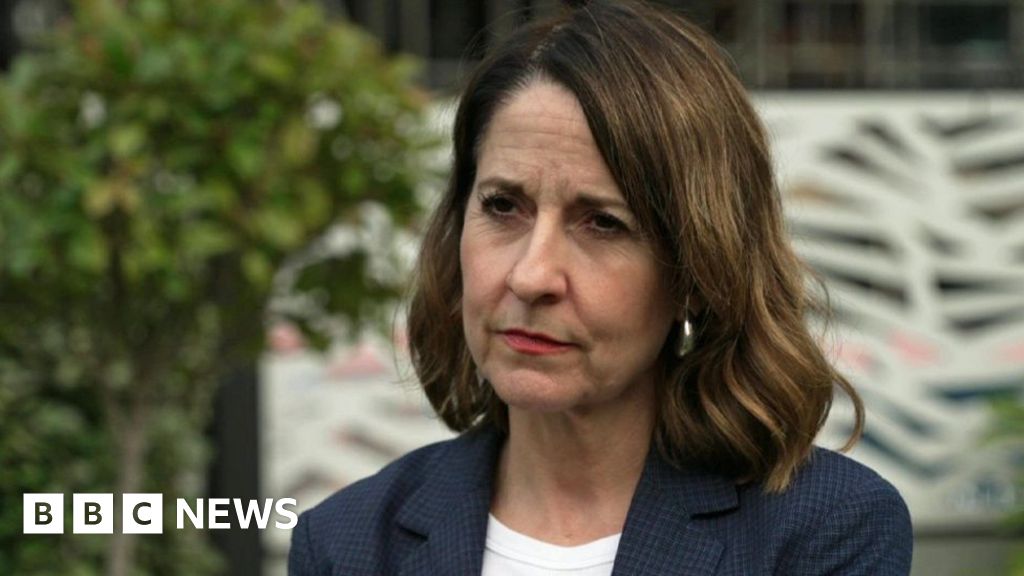Unlock the Editor’s Digest for free
Roula Khalaf, Editor of the FT, selects her favourite stories in this weekly newsletter.
Hong Kong has slashed its spirits tax, one of the highest in the world, as the Chinese territory seeks to boost nightlife and revive its struggling economy.
The Asian financial hub, hit hard by China’s slowing economic growth and a fall in tourist numbers, has yet to see the benefit of lower US interest rates and a Chinese stimulus package.
Hong Kong’s Beijing-backed chief executive John Lee, who took office in 2022 with a mandate to restore order in the wake of a tough crackdown on pro-democracy protesters, has recently switched his focus to an economy that has struggled to recover from pandemic-era restrictions.
While tourism and retail sectors have taken a hit from China’s slowdown, tax revenue and land sales have fallen as the stock and property markets have weakened, cutting into some of the biggest revenue sources for the government.
Until now, spirits with alcoholic content of more than 30 per cent, including brandy, whisky and gin, had been subject to a 100 per cent duty in Hong Kong.
From Wednesday, the duty rate for spirits with an import price of more than HK$200 (US$26) will be slashed from 100 per cent to 10 per cent for the portion of its value above that price.
This is part of efforts to “promote liquor trade . . . tourism as well as high-end food and beverage consumption”, Lee said in his annual address.
“While we are facing many challenges, they are outweighed by the opportunities available to us,” said Lee on Wednesday. “Hong Kong stands to prosper. We must seize every opportunity to make progress and renew ourselves.”
The existing liquor duty accounts for only about 0.1 per cent of Hong Kong’s total tax revenue, according to Gary Ng, a senior economist at Natixis. “It can probably bring more economic benefits than the loss . . . and help [lift] Hong Kong’s position as Asia’s spirits trading hub.”
But while the tax cut would be “helpful in easing some of the cost pressure that the retail and catering sectors” face, attracting higher-spending tourists and boosting domestic consumption remain difficult problems to tackle, he said.
Drinks groups Pernod Ricard and Campari Group had lobbied for lower spirit taxes, as had many lawmakers. The government had abolished the wine duty in Hong Kong in 2008, boosting wine imports and sales.
Many retail businesses have struggled as tourist numbers are still about 30 per cent lower than in 2018 and those who do come are spending less. Hong Kong residents, meanwhile, are increasingly spending across the border in Shenzhen, where prices are lower.
In an attempt to boost the city’s stock market, Lee said officials would make the vetting process for listing applications easier in order to woo more international and large mainland Chinese companies to the exchange.
Hong Kong also plans to allow the purchase of luxury homes in the territory to count as part of a HK$30mn investment requirement for residency. It has also proposed longer visas to attract more skilled workers to the city.
Hong Kong will also ease mortgage rules, increasing the maximum loan-to-value ratio to 70 per cent for all homebuyers. Residential properties worth more than HK$35mn and company-held properties previously had a ratio of 60 per cent.
Home prices in Hong Kong have fallen more than 20 per cent since 2022 as developers cut prices amid higher borrowing costs and an oversupply of new homes.
Hong Kong’s benchmark Hang Seng index advanced almost 1 per cent by noon.
Credit: Source link











